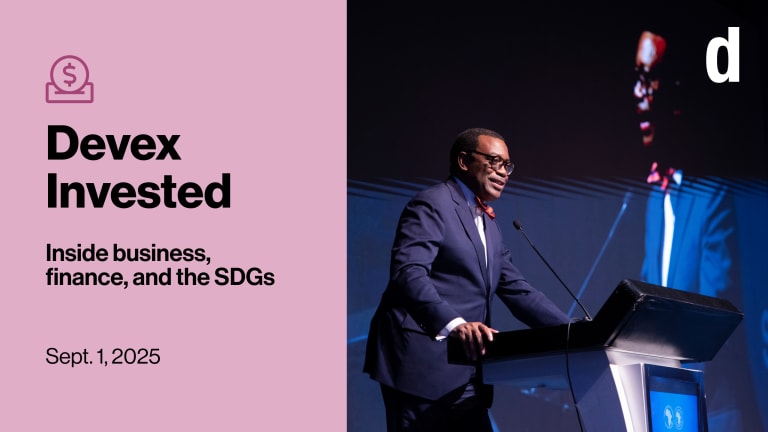Research shows that indigenous peoples and communities manage their forests and other ecosystems well if they have secure rights over their land. Because healthy ecosystems deliver a whole suite of services — from timber to nonforest products to carbon mitigation — it’s in the broadest public interest to know which land is held and used by communities, where tenure security exists for these people, and where it needs to be stronger.
Up to 65 percent of the world’s land is held by indigenous peoples and communities, but only 10 percent is legally recognized as belonging to them. The rest is held under customary tenure arrangements and is largely unmapped and not formally demarcated, which makes it essentially invisible to the outside world.
The new LandMark online platform can help communities, governments and development professionals meet this challenge. LandMark is the first global platform that provides maps of the boundaries of indigenous and community lands around the world, as well as information on the percentages of land held and used by communities and the security of their land rights.








